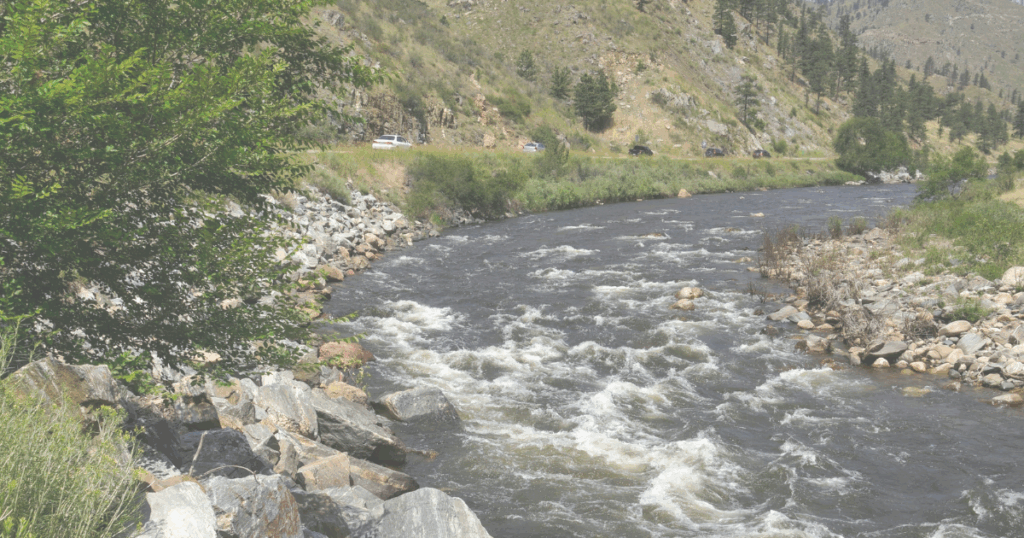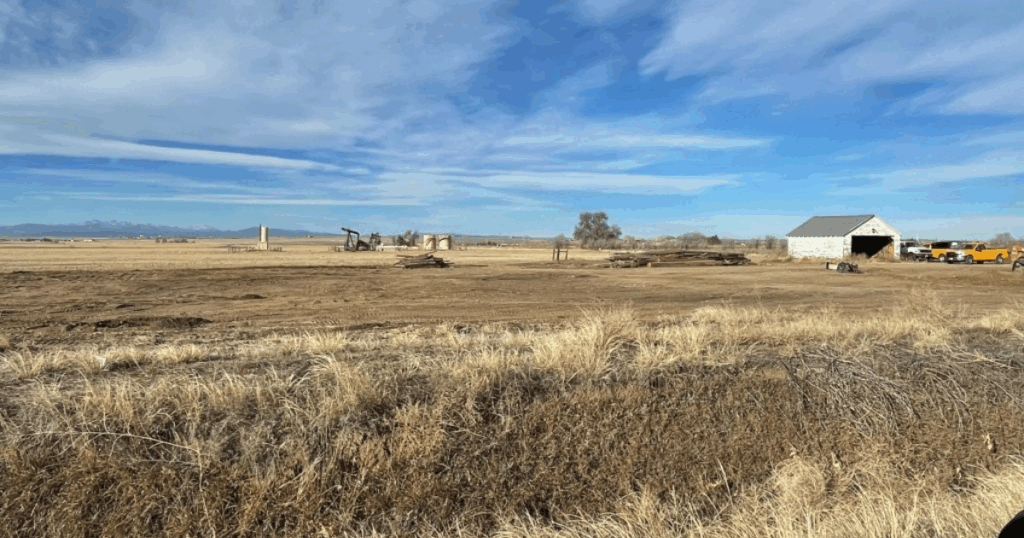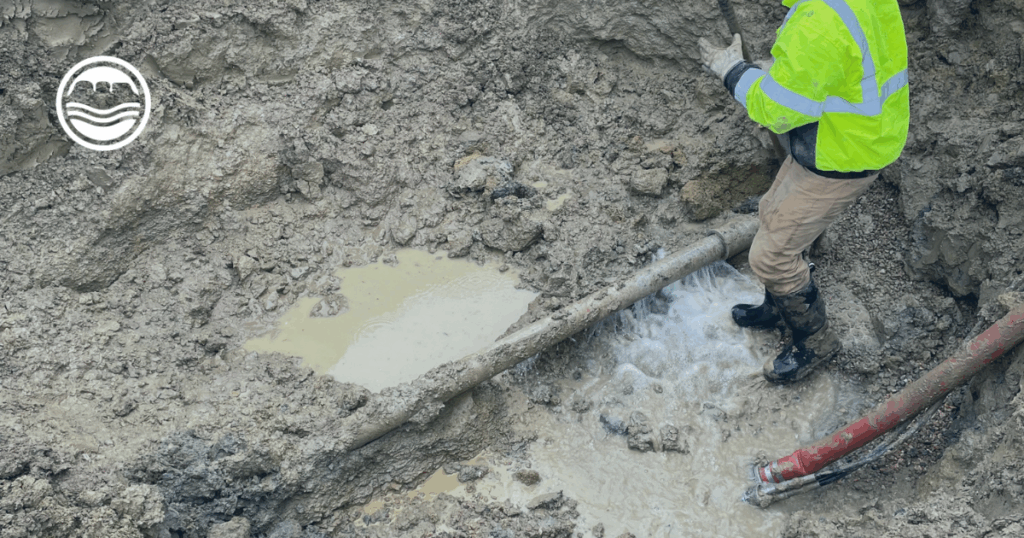Water is one of the most critical resources for humans, the environment, farming, and many industries. Here at the Fort Collins-Loveland Water District, our mission is to provide high-quality, secure, reliable, and affordable water. One of the ways we do that is to stay abreast of changes in drinking water regulations in Colorado and beyond to ensure that we can live up to our mission.
As the climate changes, water becomes scarcer, and the demand grows, so do water regulations. These regulations are enacted at both a federal and state level, and are written to protect water, standardize treatment, and ensure safe, clean water for all. Regulations and policies help us keep our water safe and secure.
Here are six things you need to know about drinking water regulations in Colorado and the United States:
1. Federal Regulations – Our District is regulated by two bodies – the state of Colorado and the Federal Government. Federal statutes are mandated by the EPA – the U.S. Environmental Protection Agency. This independent agency is tasked with protecting and managing all environmental matters, including water. Federal statutes include the Clean Water Act and the Safe Drinking Water Act. The Clean Water Act regulates pollutants in water and pollution control. The Safe Drinking Water Act created drinking water standards to protect the public’s health. Our District meets all federal regulations and standards for drinking water.
2. State Policies – The state has enacted many policies to strengthen water treatment regulations in Colorado. These policies work in concert with federal regulations to ensure that your water is safe to drink. The state of Colorado has complex clean water policies that mandate water management and treatment in the state. The state also provides drinking water policies that regulate how water is protected, cleaned, and treated. Colorado’s Department of Public Health & Environment enacts, oversees, and enforces all water-related policies in the state. The District meets all state policies, regulations, and standards.
3. Water and Wastewater Facility Operators Certification Board – In the state of Colorado, all water providers and wastewater facilities must be certified and regularly inspected to ensure policies are followed and water standards are met. “The Colorado Water and Wastewater Facility Operators Certification Board (WWFOCB) maintains a program for the certification of operators of water treatment plants, municipal and industrial wastewater treatment plants, water distribution systems and wastewater collection systems in order to assure protection of public health and the environment.” The District is fully certified and follows the board guidelines to ensure our water is safe for all.
4. Proposed PFAS National Primary Drinking Water Regulation – In March 2023, the EPA proposed a new set of policies related to PFAS (Per- and Polyfluoroalkyl Substances). These substances are a relatively new group of chemicals used to make polymer coatings and paints that can resist things like heat, oil, grease, and water. These substances are concerning because they do not break down over time, they contaminate drinking water, and can build up in fish and wildlife. They have already been found in many rivers and lakes. It is unclear what effects exposure to PFAS will have over time, but initial studies show that PFAS can affect growth and development, as well as affect bodily functions such as thyroid, immune system, and the liver. The proposed regulations are going through the formal approval process and are currently in the public comment period. Once enacted they will require water systems to monitor levels of PFAS, notify the public, and reduce contaminants if the maximum levels are exceeded. You can read more about PFAS and the proposed regulation from the EPA on their website. The District is closely monitoring changes to PFAS regulations and will meet any new monitoring and PFAS mitigation responses.
5. Memorandum Regarding Cybersecurity Resilience for Public Water Systems – The EPA is also addressing cybersecurity infrastructure in the public water sector. The EPA recently released a memorandum that stresses that states must access and improve water-related cybersecurity infrastructure. The EPA strongly encourages states to include cybersecurity when creating and upholding policies relating to water systems. Read the EPAs cybersecurity memorandum on their website. The District has already taken great lengths to protect our water systems from a cybersecurity standpoint, you can read more about it on our blog. We will meet any new regulations put forth by the federal or state government regarding our cybersecurity.
6. Maintaining Infrastructure to Deliver Water – To adhere to all water treatment regulations in Colorado and the United States, we must maintain our infrastructure so that we can safely deliver clean water as needed. Delivering safe water is highly complex. It involves both forward thinking and a commitment to water quality. It also means focusing on conservation and improving our infrastructure to ensure water for future generations. It means finding leaks and fixing any breakdowns. Also important is public education to help people understand the importance of water quality. We are committed to our mission and work hard every day to ensure that safe, affordable water is available now and for years to come.
As the nature of water policy shifts over time, so will water treatment regulations in Colorado and the United States. We work hard to not only meet all regulations but also exceed them so we can be certain that we’re delivering safe water for all.
We invite you to read more about our infrastructure and our commitment to our customers. Please contact us with any questions or concerns.
 Skip to content
Skip to content








